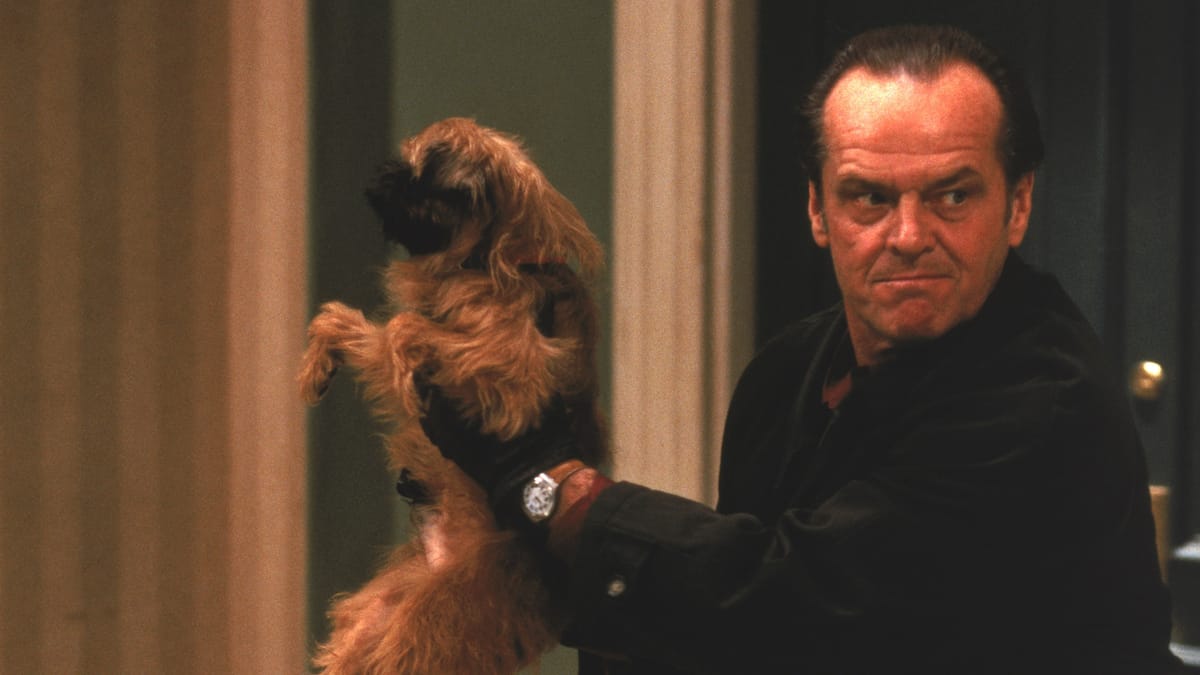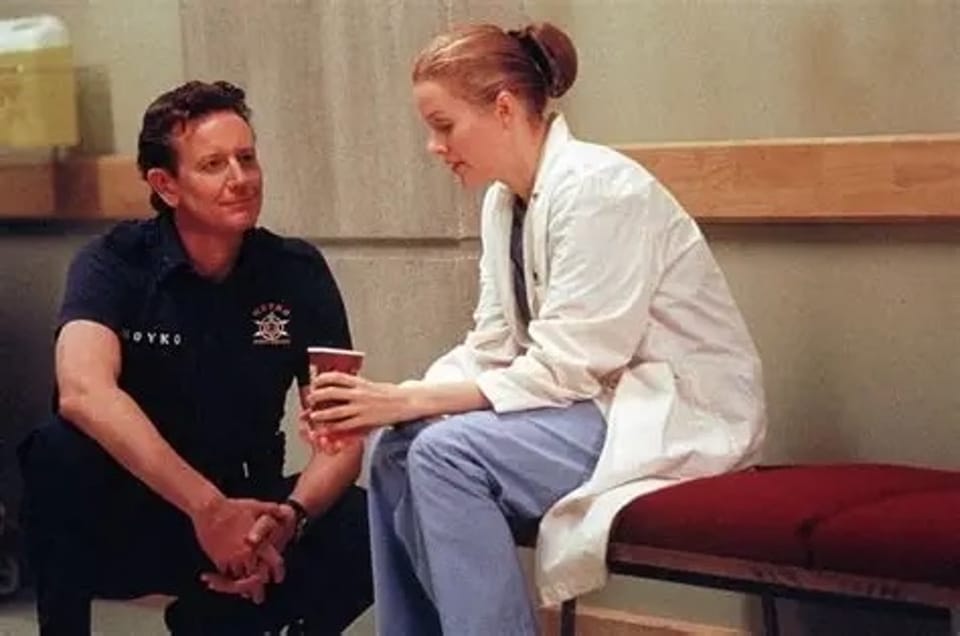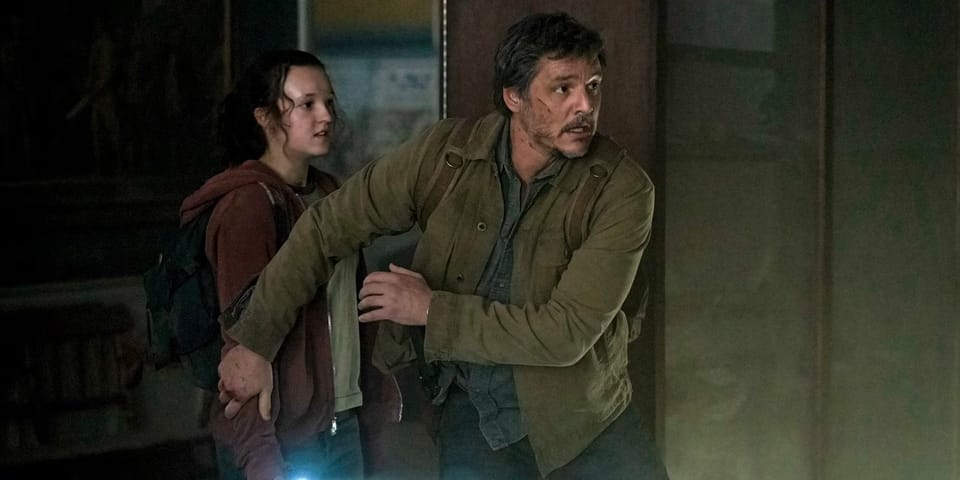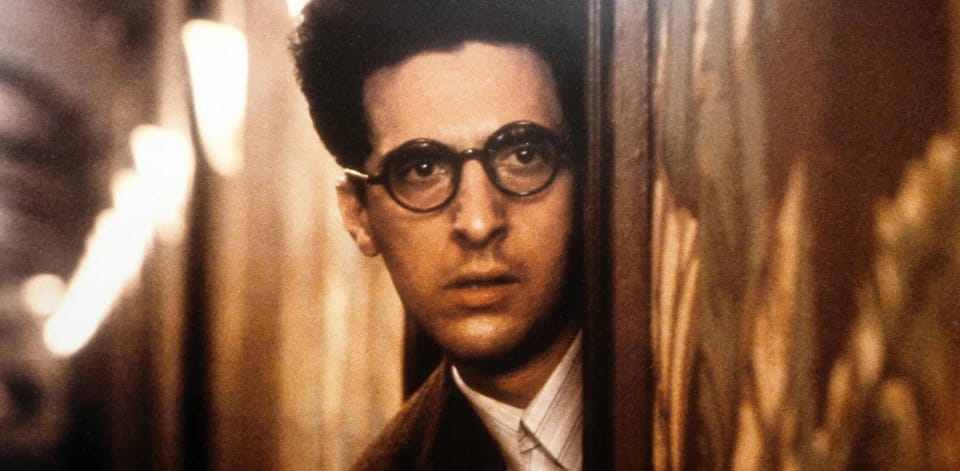Bad notes, unskilled notes, and knowing the difference.
The world will never run out of notes. As long as you keep asking for notes, you will get them. And even some after that.

The Story and Plot Weekly Email is published every Tuesday morning. Don't miss another one.
You're going to get notes.
You're a screenwriter. You can't avoid it.
It might be a friend, a fellow writer, an agent, or a producer. Perhaps you've hired someone specifically for notes.
The world will never run out of notes. As long as you keep asking for notes, you will get them.
And even some after that.
Implementing notes is a skill we must develop.
I have seen far too many (especially early) writers take every note they get, and I've seen some refuse any note at all!
The skill, of course, is somewhere in between. We take some notes; we don't take others.
But how do we know which ones to embrace?
Great notes are easy.
These are the notes that come in laser-focused and elevate your intent. It's a lightbulb moment.
You're thinking, "Of course!" and maybe even, "Why didn't I think of that?"
These are the notes where everyone is high-fiving each other afterward and talking about what a great team they are.
They come from a place of, "Knowing what you want to achieve, it might be more effective if you do this…"
I firmly believe that a note should feel right in the gut. These notes create this feeling immediately.
But there are two other kinds of notes.
Bad notes and unskilled notes are more challenging.
Bad notes aren't as common as we often think, but they are real.
They generally come from someone trying to insert their own preferences and biases and need to influence something that isn't theirs.
They are not necessarily conscious of this, but in the end, it is, "You should do it my way."
This will confuse, frustrate, and send the writer down the wrong path. It is almost always unhelpful; when it is helpful, it's accidental.
The unskilled note is far more prevalent.
So much so that they have a phrase to deal with it: "Find the note behind the note."
The unskilled note highlights something that isn't working the way you or the reader want. It's dramatically unsatisfying, and while the reader can't quite put their finger on it (otherwise, it would be a skilled note), they can feel it.
So, they offer up an idea of what might work better.
The note will sometimes sound dumb because it is not well-targeted.
It's simply something else. "What if this happens instead?"
But the problem the note is trying to address is real.
Of course, they put the burden on you to figure out the note behind the note rather than learning how to give skilled notes, but that is neither here nor there.
Unlike the bad note, the unskilled note deserves attention.
However, consistently knowing the difference between the two requires confidence.
You earn that confidence by making choices.
There is no way around this. You must make choices about what you're trying to achieve, and half-hearted choices are no better.
The surest way to confuse bad and skilled notes is not knowing what story you're telling and not having your intention for the scene, moment, or story beat in question.
That’s right. It’s your choice that makes the difference.
If you know what YOU are trying to achieve, you will find everyone else's input -- directly or indirectly -- much more productive.
Get into the habit of making choices, and you will get increasingly better at the choices you make.
This is how you earn confidence. This is how you write great screenplays.
- What is the emotion of the moment?
- What is its role in the scene?
- What is the role of the scene in the story?
- What story are you telling?
And this is your greatest asset when you get notes.
You can compare the note to the emotion you are trying to evoke and the story you are trying to tell.
And you can ask yourself, "Does this help me do that?"
If you didn't make a choice about the moment, you're at the mercy of the note, having no idea if it's going to help you or not.
Making choices is difficult early on.
The emerging writer will often try to hedge their bets or believe they have made a choice when they haven't.
"This moment is about this, but also about that."
They may even make a decisive choice, but it doesn't help them with the larger story.
"That's a reference to a favorite movie. Did you get it?"
A good development partner will force you to make choices where you haven't.
When it's unclear, they will ask what your intention was, and if one is absent, they will force you to declare one.
I often find myself saying something like, "If you're going for this, then do this thing. But if you're going for that other thing, I suggest you do this."
Because each note is designed with a specific effect in mind.
And that effect is up to you, the writer.
Based on the choice you make.
The big caveat: is your choice satisfying?
One final challenge: sometimes, we make big, bold choices. We know the story; we have it clearly defined. We take a big swing, knowing exactly what we're going for…
And it just doesn't work.
This is almost always because we have attached ourselves to an intellectual idea rather than something emotional. It's what keeps anyone else from connecting.
But we can't give it up because that is what interests us!
Hint: if you find yourself constantly intellectualizing and explaining why something does work when no one else thinks it does… chances are, they're right, and you're wrong.
Things that work intellectually but do not work emotionally do not work at all.
This sucks. It's brutal. And I've been there.
I've had to put those scripts away because they just weren't as interesting to anyone else as they were to me.
And years later, I can tell you, they were right.
There is always an exception.
One of my favorite movies started as more of an intellectual idea. According to James Brooks, one of his goals for AS GOOD AS IT GETS was to see how unlikable he could make a character and still get the audience to root for him.
And Jack Nicholson's Melvin Udall is unlikable. He is a horrible person.
Almost every single one of us would have heard the same note repeatedly: "I hate this guy. I don't care what happens to him, and I don't care if he grows or not."
But that challenge was a big reason Brooks pursued the project! Brooks can push this through, but any of us would have struggled to do so.
He was convinced he could get this intellectual idea to work emotionally, and he did.
Know what you want.
This is the big lesson of today's email.
The non-choices are not just empty for the reader; they leave you susceptible to the whims of any breeze that may blow through.
Know what you want, and you will know whether a note helps you achieve that want or not.
"Is this good?" is not a productive question.
"How do I better achieve what I am trying to achieve?" is.
But you have to make the choice first.
The Story and Plot Weekly Email is published every Tuesday morning. Don't miss another one.
When you're ready, these are ways I can help you:
WORK WITH ME 1:1
1-on-1 Coaching | Screenplay Consultation
TAKE A COURSE
Mastering Structure | Idea To Outline




